Dortmund
Copyright: Riessdo/cc by 2.0/FlickrDortmund
Located in the North Rhine-Westphalia region of the country, modern Dortmund is vibrant and cultural, known for its good shopping, beer and football. But there is another, altogether gentler, side to this former industrial powerhouse. Dortmund has great theatres and cultural centres, a range of fascinating museums and, with half the city given over to parks and gardens, enough green areas to sooth the senses.The City
In the 19th century Dortmund was a smoky, sweaty and extremely prosperous city. The industrial revolution bought mines, mills and manufacturing – and jobs by the thousands. Within a century, the population grew from a paltry 4,000 to a staggering 140,000, making Dortmund the largest city in the Ruhr region. The Second World War devastated much of the city – around 70 percent of the buildings were flattened – and the 1950´s saw an intense period of rebuilding. Much of what you see in Dortmund today was built in the last 50 years. The coking plants, mines and steel plants have gone or be turned into funky museums, while Dortmund’s citizens work in the city’s burgeoning I.T., insurance and services industries. Nor is leisure time neglected – Germans flock to Dortmund for the excellent shopping and the city has good restaurants, bars and theatres (cabaret being a particular speciality), including a superb purpose-built concert hall.Do & See
Dortmund offers visitors a wide range of interesting museums, theatres and of course, world-class football. The city has a lively and versatile cultural life, and there are a million ways to spend your time, such as visiting the Museum of Art and Cultural History or going to the widely praised opera. There is also the brewery where you can learn more about the history of industrially brewed beer in Dortmund.
Dining
Dortmund’s traditional food is simple and hearty. Local dishes include Westphalian Grünkohl – ham and cabbage soup – and Pfefferpotthast, a stew made with peppered beef and onions. There are a number of traditional German restaurants in the centre of the city near Alter Markt and along Wallring, just outside the centre. International food is well-represented in the city, with a range to suit all tastes and budgets.
Cafes
A quick cappuccino or home-made cake in a pleasant atmosphere are the things that you need for reading your newspaper in peace and quiet or leisurely observing people. You will find some cafes around the Alter Markt (with outdoor seating in the summer time). When the weather turns to being a bit colder, there are plenty of cafes with interiors you wouldn't want to miss.
Bars & Nightlife
Dortmund used to produce more beer than virtually any other city in the world, so do not leave without trying a glass or two. Dortmund’s bars cater to all tastes, and with so many students in town, cheap and cheerful is as easy to find as chic or cool.
Shopping
Shopping is one of Dortmund’s principal attractions, attracting consumers from all over the country. Much of the shopping is done in the very heart of the city. As many as 12,000 shoppers an hour pass through Westenhellweg and its continuation, Ostenhellweg, attracted as much by the huge range of shops as the highly competitive prices. Department stores like Kaufhof, electronic retailers, chain stores, food stores, health and beauty stores: they’re all here. If you are looking for designer fashion and accessories head to Hansastrasse, where you’ll find designer names such as Escada at no. 61, or head to more discrete Kleppingstrasse. Brückstrasse has a more youthful vibe and is the place to go for trend fashion, sports fashion and hair salons. Once scruffy and known for its fast-food joints, Brückstrasse today likes to think of itself as Dortmund’s Carnaby Street. On neighbouring Kampstrasse you’ll find the huge department store Karstadt, which is a good place for the casual shopper, while the Esprit store is a few stores up at no 28.

 Copyright: Mathias Bigge/Wikimedia Commons
Copyright: Mathias Bigge/Wikimedia Commons
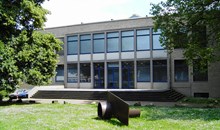 Copyright: Erich Ferdinand/Flickr
Copyright: Erich Ferdinand/Flickr
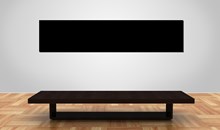 Copyright: onilmilk/Shutterstock.com
Copyright: onilmilk/Shutterstock.com
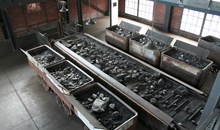 Copyright: Daniel Deppe/Flickr
Copyright: Daniel Deppe/Flickr
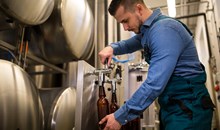 Copyright: wavebreakmedia/Shutterstock.com
Copyright: wavebreakmedia/Shutterstock.com
 Copyright: Kit Leong/Shutterstock.com
Copyright: Kit Leong/Shutterstock.com
 Copyright: Riessdo/Flickr
Copyright: Riessdo/Flickr
 Copyright: jens kuu/Flickr
Copyright: jens kuu/Flickr
 Copyright: Mathias Appel/Flickr
Copyright: Mathias Appel/Flickr
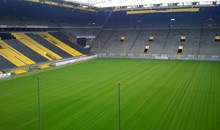 Copyright: Achim Hepp/Flickr
Copyright: Achim Hepp/Flickr
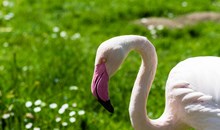 Copyright: Mathias Appel/Flickr
Copyright: Mathias Appel/Flickr
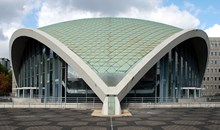 Copyright: M Bigge/Flickr
Copyright: M Bigge/Flickr
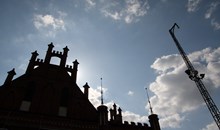 Copyright: yeowatzup/Flickr
Copyright: yeowatzup/Flickr
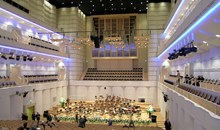 Copyright: JosefLehmkuhl/Wikimedia Commons
Copyright: JosefLehmkuhl/Wikimedia Commons
 Copyright: Pressmaster/Shutterstock.com
Copyright: Pressmaster/Shutterstock.com
 Copyright: Brent Hofacker/Shutterstock.com
Copyright: Brent Hofacker/Shutterstock.com
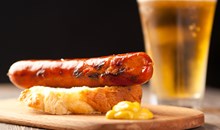 Copyright: chirapbogdan/Shutterstock.com
Copyright: chirapbogdan/Shutterstock.com
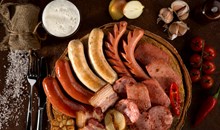 Copyright: vovsa/Shutterstock.com
Copyright: vovsa/Shutterstock.com
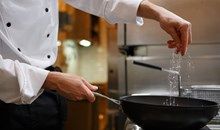 Copyright: Sergey Mironov/Shutterstock.com
Copyright: Sergey Mironov/Shutterstock.com
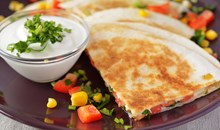 Copyright: Lilyana Vynogradova/Shutterstock.com
Copyright: Lilyana Vynogradova/Shutterstock.com
 Copyright: PNTX4379/Flickr
Copyright: PNTX4379/Flickr
 Copyright: Kzenon/Shutterstock.com
Copyright: Kzenon/Shutterstock.com
 Copyright: Brent Hofacker/Shutterstock.com
Copyright: Brent Hofacker/Shutterstock.com
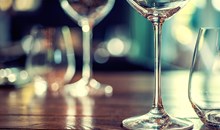 Copyright: Stas Walenga/Shutterstock.com
Copyright: Stas Walenga/Shutterstock.com
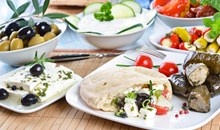 Copyright: Karl Allgaeuer/Shutterstock.com
Copyright: Karl Allgaeuer/Shutterstock.com
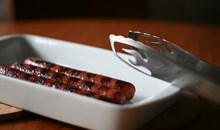 Copyright: WayTru/Flickr
Copyright: WayTru/Flickr
 Copyright: baranq/Shutterstock.com
Copyright: baranq/Shutterstock.com
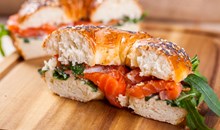 Copyright: vsl/Shutterstock.com
Copyright: vsl/Shutterstock.com
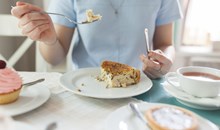 Copyright: Xenya and Igor/Shutterstock.com
Copyright: Xenya and Igor/Shutterstock.com
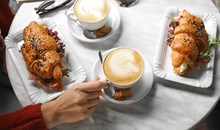 Copyright: Africa Studio/Shutterstock.com
Copyright: Africa Studio/Shutterstock.com
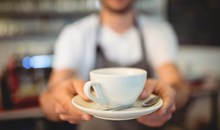 Copyright: wavebreakmedia/Shutterstock.com
Copyright: wavebreakmedia/Shutterstock.com
 Copyright: wavebreakmedia/Shutterstock.com
Copyright: wavebreakmedia/Shutterstock.com
 Copyright: Barbara Dudzinska/Shutterstock.com
Copyright: Barbara Dudzinska/Shutterstock.com
 Copyright: fotohavran.eu/Shutterstock.com
Copyright: fotohavran.eu/Shutterstock.com
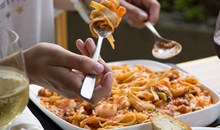 Copyright: darqdesign/Shutterstock.com
Copyright: darqdesign/Shutterstock.com
 Copyright: Viacheslav Nikolaenko/Shutterstock.com
Copyright: Viacheslav Nikolaenko/Shutterstock.com
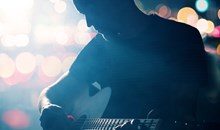 Copyright: donatas1205/Shutterstock.com
Copyright: donatas1205/Shutterstock.com
 Copyright: Rido/Shutterstock.com
Copyright: Rido/Shutterstock.com
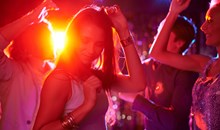 Copyright: Pressmaster/Shutterstock.com
Copyright: Pressmaster/Shutterstock.com
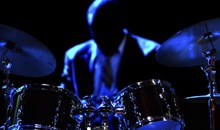 Copyright: DeshaCAM/Shutterstock.com
Copyright: DeshaCAM/Shutterstock.com
 Copyright: Paul Vasarhelyi/Shutterstock.com
Copyright: Paul Vasarhelyi/Shutterstock.com
 Copyright: melis/Shutterstock.com
Copyright: melis/Shutterstock.com
 Copyright: artartty/Shutterstock.com
Copyright: artartty/Shutterstock.com
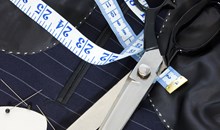 Copyright: RTimages/Shutterstock.com
Copyright: RTimages/Shutterstock.com
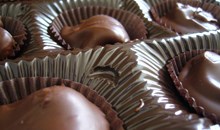 Copyright: Dick Thomas Johnson/Flickr
Copyright: Dick Thomas Johnson/Flickr
 Copyright: Kamil Macniak/Shutterstock.com
Copyright: Kamil Macniak/Shutterstock.com
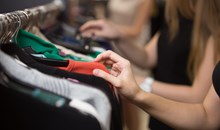 Copyright: fizkes/Shutterstock.com
Copyright: fizkes/Shutterstock.com
 Copyright: Anna Furman/Shutterstock.com
Copyright: Anna Furman/Shutterstock.com
 Copyright: Daria Minaeva/Shutterstock.com
Copyright: Daria Minaeva/Shutterstock.com
 Copyright: VectorA/Shutterstock.com
Copyright: VectorA/Shutterstock.com
 Copyright: TukTuk Design/Shutterstock.com
Copyright: TukTuk Design/Shutterstock.com
 Copyright: Juan Garces
Copyright: Juan Garces
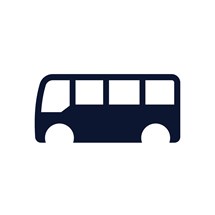 Copyright: Pierre-Luc Auclair
Copyright: Pierre-Luc Auclair
 Copyright: Andy Fuchs
Copyright: Andy Fuchs
 Copyright: Gemma Garner
Copyright: Gemma Garner
 Copyright: Jardson Almeida
Copyright: Jardson Almeida
 Copyright: ArrivalGuides
Copyright: ArrivalGuides